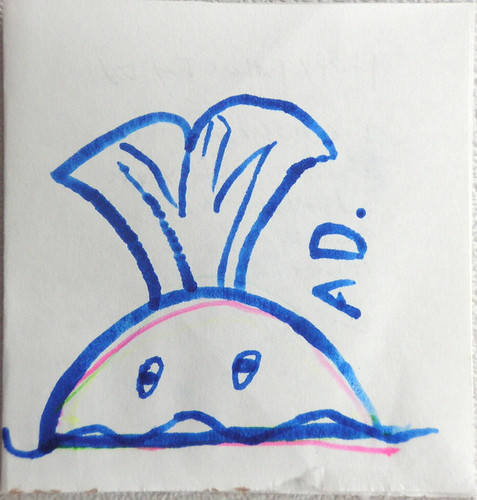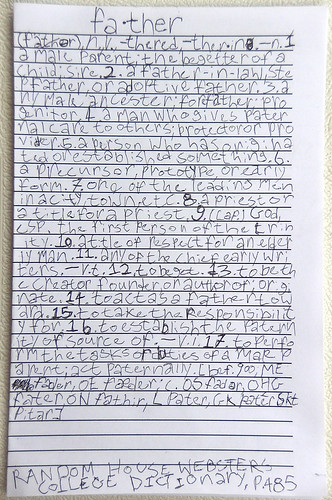Here are some of the points I expect to make in tonight’s (and Wednesday’s) presentations on The da Vinci Code:
To begin with the obvious: ”symbology”? At Harvard? (I mean, maybe out in Boulder they have a symbology professor, but not at an Ivy League institution.)
How does the movie define “identity”? Who are the characters, and what do they stand for? For instance: the movie shows us no Protestant, Orthodox, (or Anglican) believers; only Roman Catholics, and only Roman Catholics of an extreme sort. Only one Roman Catholic character seems to have a shred of conscience, and that after he has already defied church teaching (relative to the sanctity of the confessional) and has disrupted police procedure, supoposedly at the behest of the church. The movie suggests that our identity is bound up with heredity (in a nostalgic, romantic-noble way). Evidently the Merovingian dynasty was all about helping the poor and oppressed (poor and oppressed people who never appear in the movie). The movie (and book) presuppose “origins” and “original [things]” are somehow truer than their contemporary manifestations.
The church’s teachings run in a very different direction. Counterexamples to the contrary notwithstanding (and reality, unlike the movie, admits of counterexamples), the church has from the apostolic time acknowledged that no “blood line” ennobles anyone, but that we are all God’s children by adoption, that God is not partial to one person over another, and that in Christ all particularities are harmonized into a concordant equality.
Who are the intelligent characters (on the movie’s terms)? The ones who believe in a conspiracy theory grounded in dubious evidence and false claims.
How do we discover/encounter truth? In what do we have faith? (Documents hidden in a basement?) Thomas: people we trust. In the movie/book, Clio (the muse of History) is, in effect, the One God; it’s singular, it’s not perspectival, and we have access to the truth. As Margaret points out, the movie communicates its “truth” with the grainy documentary film-clip effect; since we see scenes from the lead characters’ (true) pasts in grainy flashbacks, the movie suggests that the scenes from Christianity’s past are true in the same way. The rhetorical style of the book and movie’s characters conveys the impression that Christianity must be either a plot or a laughable delusion.
What’s the basis for believing in things? The movie suggests that the publicly-available, historic church is fraud, whereas a secret, private, unknown conspiracy represents the truth.
What is a “document,” and how does it testify to truth? If you find a basement full of Top Secret documents, does that make them instantly reliable?
The problem of “liking” theological texts: “Liking” limits interpretation by suggesting that we may concentrate on texts we like, it excuses us from talking about texts we don’t like, and undercuts reasoning about what’s good, true, sound.
What does it mean to kneel at the remains of Mary Magdalene? How does Tom Hanks kneeling at the [supposed] memorial of Mary Magdalene differ from Christians making a pilgrimage to a tomb or memorial? What does any of that behavior mean, on the movie’s terms?
It’s all about genealogical family — but the focus of the family is on the individual. Jesus’ alleged blood line did not expand and extend, but it narrowed down to one person (the notion that Sophie is the only descendant never gets examined in the movie; somehow Tom Hanks just knows that she’s alone).
Stuff like this.



